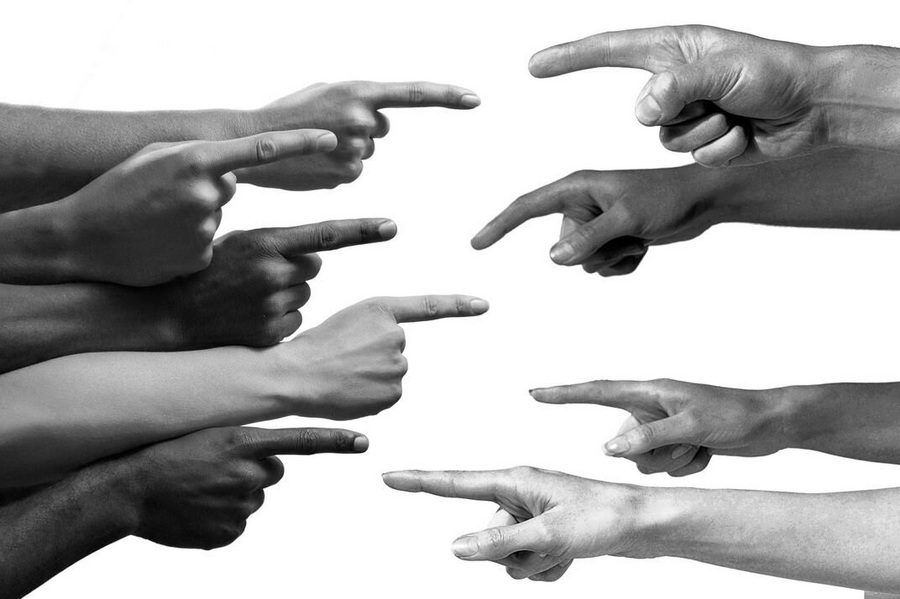I recently read Hambardzum Hambardzumyan’s short story collection Korean Delicacy (2018). Two stories in the collection, “Elections in the Army” (which, of course, refers to the 2008 presidential elections) and “The oldman,” about a poor man who has just been released from prison, stand out for their thematic connection.
The theme can be said to be “continuous”: criminal morals in the army, the same morals in prison, and the same morals in relative freedom. Although a specific period is described, I don’t believe that radical changes have occurred since the “Velvet Revolution” of 2018—mindsets don’t change in just six years.
Expanding on this theme, I found myself reflecting on intolerance once again. The second story mentioned above suggests that the slur associated with homosexuality in the colony has nothing to do with sexual orientation or personal characteristics; it’s essentially a label given to a particular caste.
This raises a question: Isn’t this a private manifestation of the general stereotypical approach to “foreigners” in Armenia? “Foreigners” can be representatives of other nations: Indians, Russians, Persians. They could also be our compatriots—Syrian Armenians, Artsakh residents—who “came to our country.”
Isn’t this xenophobia a unique expression of the same criminal subculture? Moreover, the bearers of this culture can include people with higher education, who have never been convicted, and who appear completely “respectable.”
But the essence remains the same: there is an “in-group,” and it must never miss an opportunity to attack the “foreigner,” who, for one reason or another, does not meet “our” often irrational requirements, standards, or ideas.
This same situation exists in so-called “political discussions.” Lacking intellectual and spiritual freedom, people are content to grab a label from the “shelf” of their stereotypes and attach it to the “foreigner.” This, too, is a manifestation of prison culture—a mental prison.
Aram Abrahamyan




















































